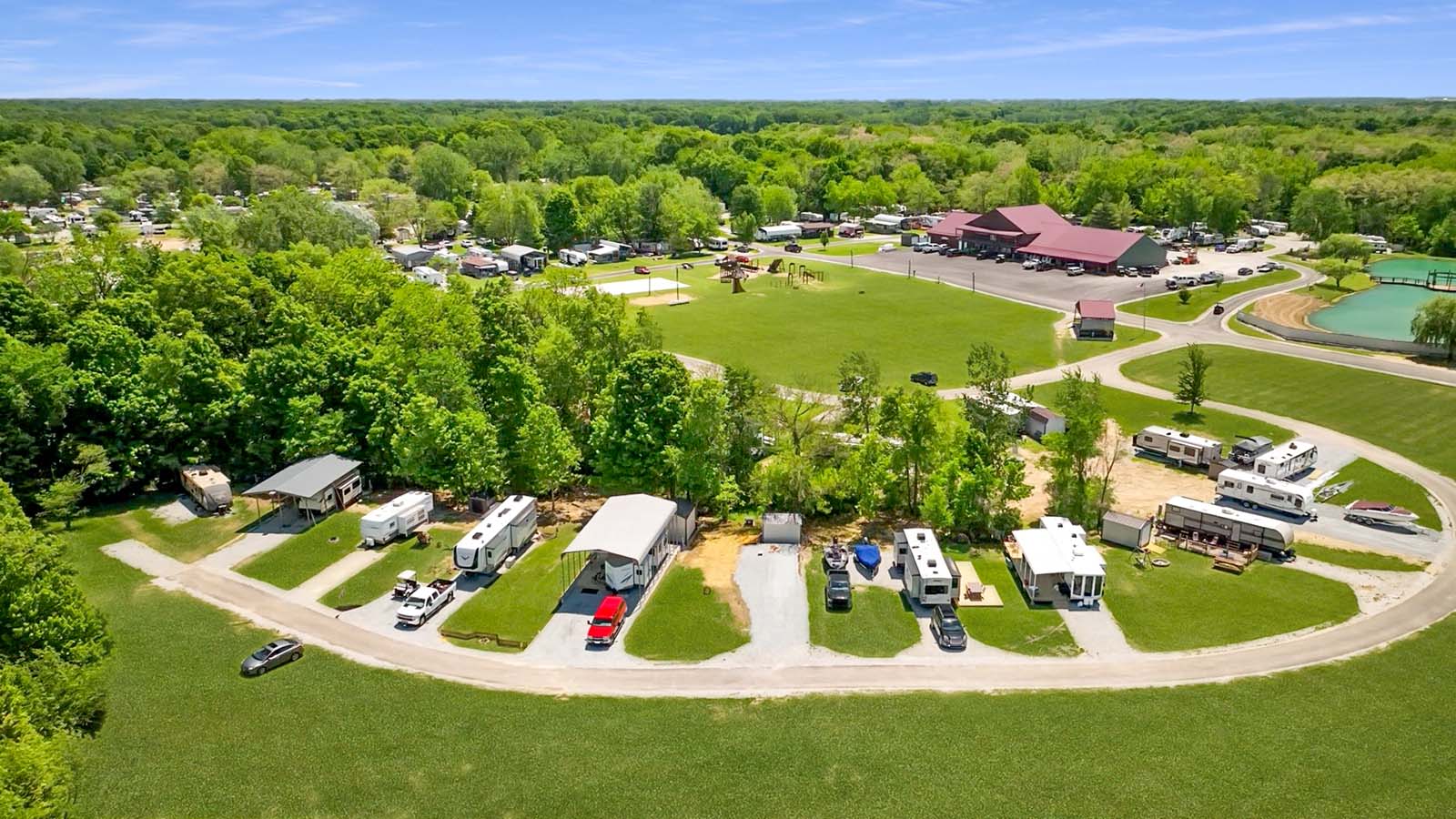How Long Should an RV Battery Last?

Introduction: When it comes to RVing, having a reliable battery is crucial for powering various electrical systems on board. However, the lifespan of an RV battery can vary depending on various factors. In this article, we will explore the average lifespan of an RV battery and factors that affect its longevity.
1. Understanding the Types of RV Batteries: RV batteries are typically classified into two types: deep cycle and starting batteries. Deep cycle batteries are designed to provide a steady stream of power over an extended period. On the other hand, starting batteries are used solely to start the RV’s engine. Deep cycle batteries are commonly used in RVs, and they are designed to withstand multiple discharge and recharge cycles.
2. Average Lifespan of an RV Battery: The average lifespan of an RV battery is around 3 to 5 years. However, this estimate can vary depending on several factors like usage, maintenance, and storage conditions. For instance, if the battery is frequently discharged below 50% of its capacity or not properly maintained, its lifespan may be shorter.

3. Factors Affecting Battery Lifespan: a. Usage: The more frequently and deeply you discharge the battery, the shorter its lifespan will be. Avoid discharging the battery below 50% if possible. b. Maintenance: Regular maintenance is essential for prolonging the battery’s lifespan. This includes checking the water levels (if applicable) and cleaning the battery terminals. c. Storage: Storing the RV battery in extreme temperatures, whether too hot or too cold, can significantly reduce its longevity. It is recommended to store the battery in a cool, dry place when not in use. d. Charging: Overcharging or undercharging the battery can also impact its lifespan. It is crucial to charge the battery properly and avoid leaving it discharged for extended periods.
4. Extending the RV Battery Lifespan: a. Minimize Discharge: Be mindful of your power usage and try to minimize unnecessary drains on the battery. Consider installing energy-efficient appliances and LED lighting. b. Regular Maintenance: Follow the manufacturer’s guidelines for battery maintenance, which may include checking the water levels and cleaning the terminals. This ensures optimal performance and extends the battery life. c. Proper Charging: Use a suitable charger that is specifically designed for RV batteries. Avoid using automotive chargers as they may not provide the appropriate charging profile for deep cycle batteries. d. Battery Monitoring System: Installing a battery monitoring system allows you to keep track of the battery’s voltage, state of charge, and other vital information, helping you take necessary actions to maintain its health.
Conclusion: In conclusion, the average lifespan of an RV battery is approximately 3 to 5 years, but this can vary based on usage, maintenance, and storage conditions. By understanding these factors and following proper practices, such as minimizing discharge and regular maintenance, you can extend the lifespan of your RV battery and ensure uninterrupted power supply during your adventures on the road.


